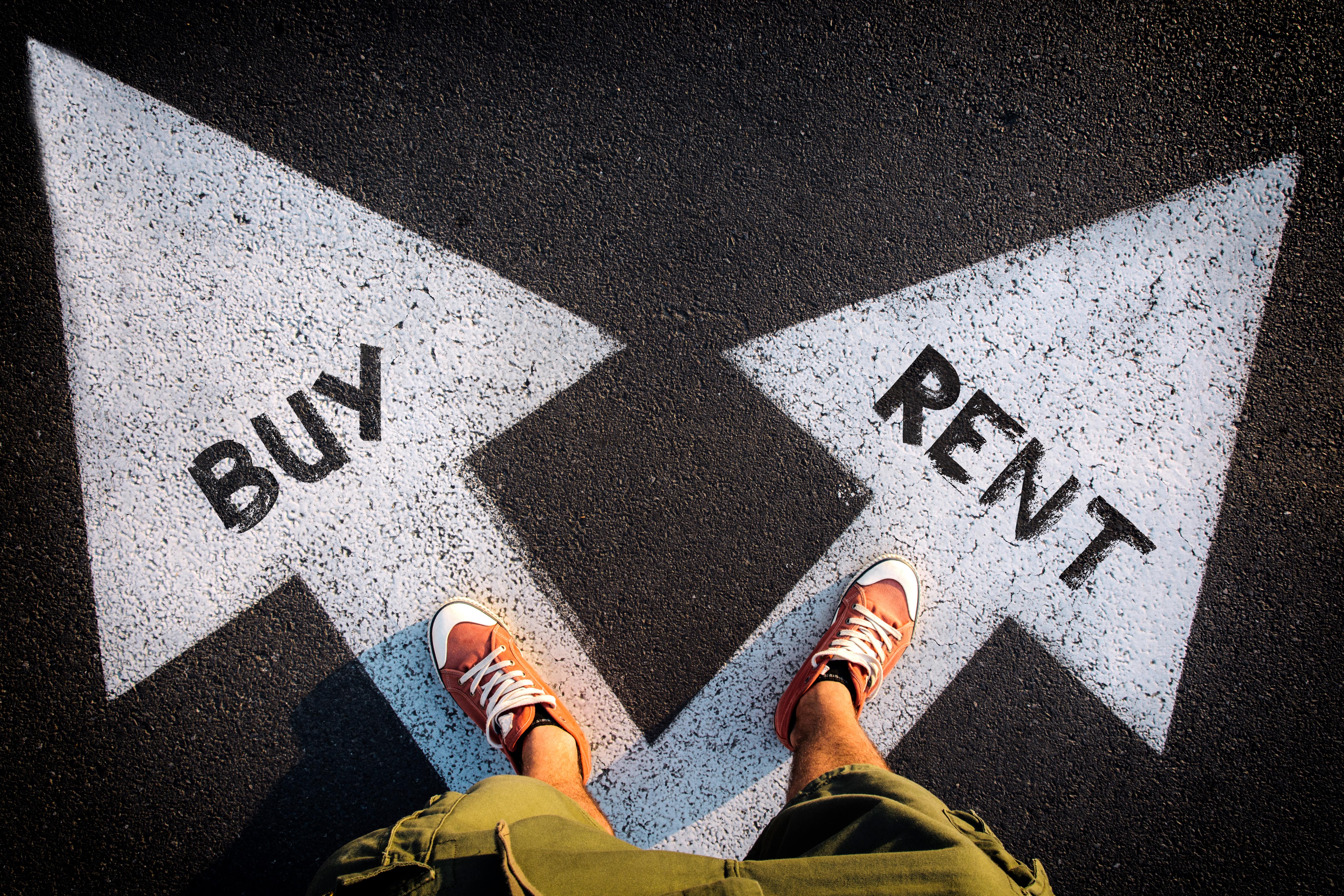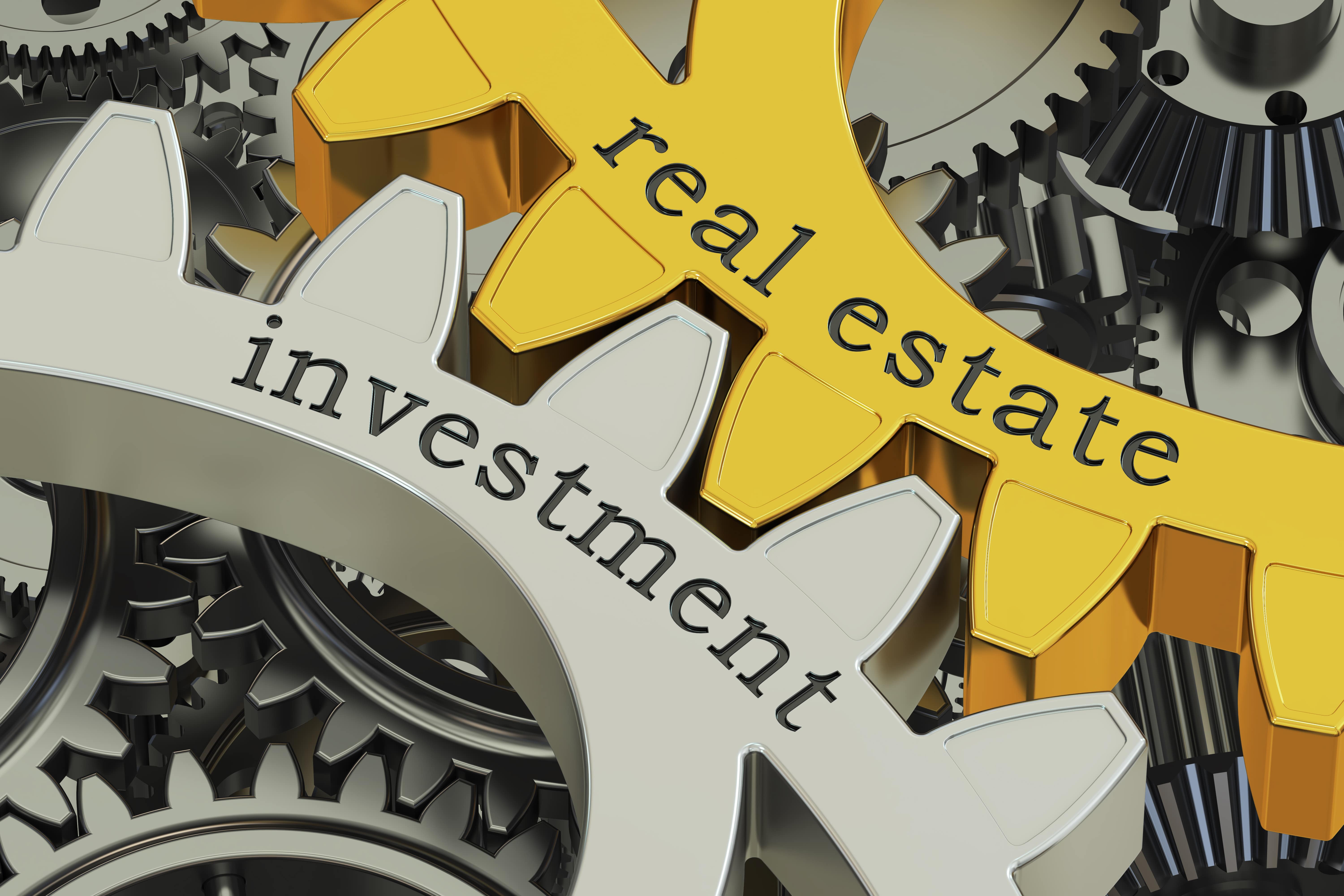Last Updated: November 13, 2025
How to Become a Landlord with No Money or Minimal Investment
Table of Contents
In Florida, landlords can earn an average annual salary of around $61,000 to as much as $98,000. Owning rental property can help build long-term wealth and create passive income. While many think significant capital is required for the conventional loan options, Here's how to become a landlord with no money.

Seller Financing
If you have limited funds, consider asking the seller to fund the transaction. Known as “seller financing,” this method or financing options has the seller act as your lender, allowing you to pay them in installments rather than using a traditional mortgage.
To make this option work, offer the seller a higher overall payout with monthly installments. In Florida, rising property values can help you build equity over time, giving you the option to either buy out the seller or refinance for a better loan.
But remember: ensure the rental income will cover your monthly payments to avoid owing more than the property’s value.
Rent to Buy
With the “rent-to-buy” (or lease-option) strategy, you rent a property with an option to buy it later. Part of your rent goes toward the eventual purchase, gradually building your ownership stake. This is a unique investment strategy.
This option is ideal if you want to invest in real estate but lack a down payment. However, be prepared—it takes time to build significant ownership. Rent-to-buy agreements are popular among small business owners who rent properties before committing to full ownership.

Home Equity Line of Credit (HELOC)
A Home Equity Line of Credit, or HELOC, allows you to use the equity in your existing property to fund new investments. With a HELOC, you can access funds as needed, often at lower interest rates compared to other loans.
This is especially useful for rental property investments, as it provides access to cash without a large upfront cost. A HELOC can help cover initial expenses, like down payments, that might otherwise require a traditional mortgage.
To make this strategy work, ensure that rental income exceeds your HELOC and mortgage payments, creating a positive cash flow.
When applying, factors like your credit score, home equity, and mortgage terms affect eligibility and interest rates. A HELOC can be a cost-effective way to acquire rental properties and expand your assets.
Partner with Other Investors
If you have some savings but not enough for a full down payment, partnering with someone can be beneficial. Pooling funds with another investor allows both to share the costs, responsibilities, and profits of the property. Also usually making it easier to borrow money from institutions for property purchases.
Additionally, property management companies can be valuable partners. Some are willing to enter joint ownership agreements, managing properties, sharing profits, and handling daily operations.
Always establish a legal agreement that details responsibilities, profit-sharing, and exit strategies for a clear partnership arrangement.

Rent Out a Room
If you own a home, renting a room is a great way to generate rental income with little effort. Use tools like a free rent analysis to set a competitive price for your area.
This option allows you to save for future investments while gaining rental experience. Although you’ll be sharing your space, renting a room offers a low-cost way to start earning and gain experience as a landlord.

House Hacking
House hacking involves purchasing a multifamily property, such as a duplex, and renting out other units while living in one. This setup allows rental income to cover a portion of your traditional mortgage and other property expenses, making it a popular strategy for new investors.
House hacking helps you build equity and establish yourself as a landlord with minimal upfront investment, especially if you qualify for an FHA loan, which requires a lower down payment.
Becoming a Landlord in Florida
How to become a landlord with no money and starting as a landlord with limited cash requires creativity and patience. Strategies like seller financing, rent-to-buy, partnerships, and house hacking can help you begin building a rental portfolio, even with minimal funds.
Over time, rental income and property appreciation increase your equity, opening more opportunities.
Ready to Become a Landlord Without a Large Upfront Investment? We Can Help!
At Allegiant Management Group, we make real estate investing accessible—even if you don’t have a large cash reserve. From securing rental-ready properties to finding qualified tenants and handling full-service property management, our team helps you maximize returns with minimal hassle.
Contact us today to learn more about becoming a landlord in Florida.
Frequently Asked Questions (FAQs) How to Become a Landlord with No Money
Can I become a landlord with no money?
Become a landlord with no money by using creative financing options. House hacking, seller financing, lease options, and partnerships can help acquire rental properties with minimal upfront costs. Seeking private investors or using hard money loans are other strategies to enter real estate with little personal capital.
What is seller financing?
Seller financing is a real estate agreement where the seller acts as the lender, allowing the buyer to make payments directly to them instead of securing a traditional mortgage. This method can help buyers who lack financing options while providing sellers with steady income and potential tax benefits.
What is house hacking?
House hacking is a real estate strategy where you live in one unit of a multi-unit property while renting out the others to cover mortgage and expenses. It reduces housing costs and builds equity, making it an effective way to start real estate investing with minimal upfront capital.
How does rent-to-buy work?
Rent-to-buy, or lease-option, allows tenants to rent a property with the option to buy later. A portion of rent may go toward the purchase price. Buyers lock in a future price while building credit, and sellers secure rental income with potential sale benefits.
Is partnering a good option for new landlords?
Partnering is a great option for new landlords with limited funds or experience. A partner can provide capital, expertise, or management skills, reducing risk and increasing investment opportunities. Clear agreements on roles, profits, and exit strategies are essential for a successful real estate partnership.
How do I find real estate investment partners?
Find real estate investment partners by networking at industry events, joining investor groups, and leveraging online platforms like BiggerPockets or LinkedIn. Attend local real estate meetups, work with property management firms, and seek referrals from professionals like agents or financial advisors.
What should be included in a real estate partnership agreement?
A real estate partnership agreement should include ownership percentages, capital contributions, profit/loss distribution, decision-making authority, exit strategies, and dispute resolution terms. Clearly outlining roles, responsibilities, and financial obligations ensures transparency and protects all parties involved.
How can I rent out a room in my house legally?
To rent out a room legally, check local zoning laws, obtain necessary permits, and comply with landlord-tenant regulations. Create a written lease outlining rent, rules, and responsibilities. Ensure safety standards, screen tenants, and report rental income per tax laws.
What are some creative financing options for first-time landlords?
Creative financing options for first-time landlords include FHA loans, seller financing, lease options, house hacking, and private lenders. Partnering with investors or using a HELOC can also provide funding. These strategies help minimize upfront costs and maximize investment potential.
What is a lease-purchase agreement, and how is it different from rent-to-own?
A lease-purchase agreement requires the tenant to buy the property at the lease’s end, while rent-to-own gives the option but not the obligation. Both involve renting with a portion of payments applied toward the purchase, but lease-purchase agreements are legally binding for the sale.
Disclaimer: This article is for information purposes only and does not constitute financial advice. Please consult with a financial advisor or real estate professional before making any investment decisions.'



